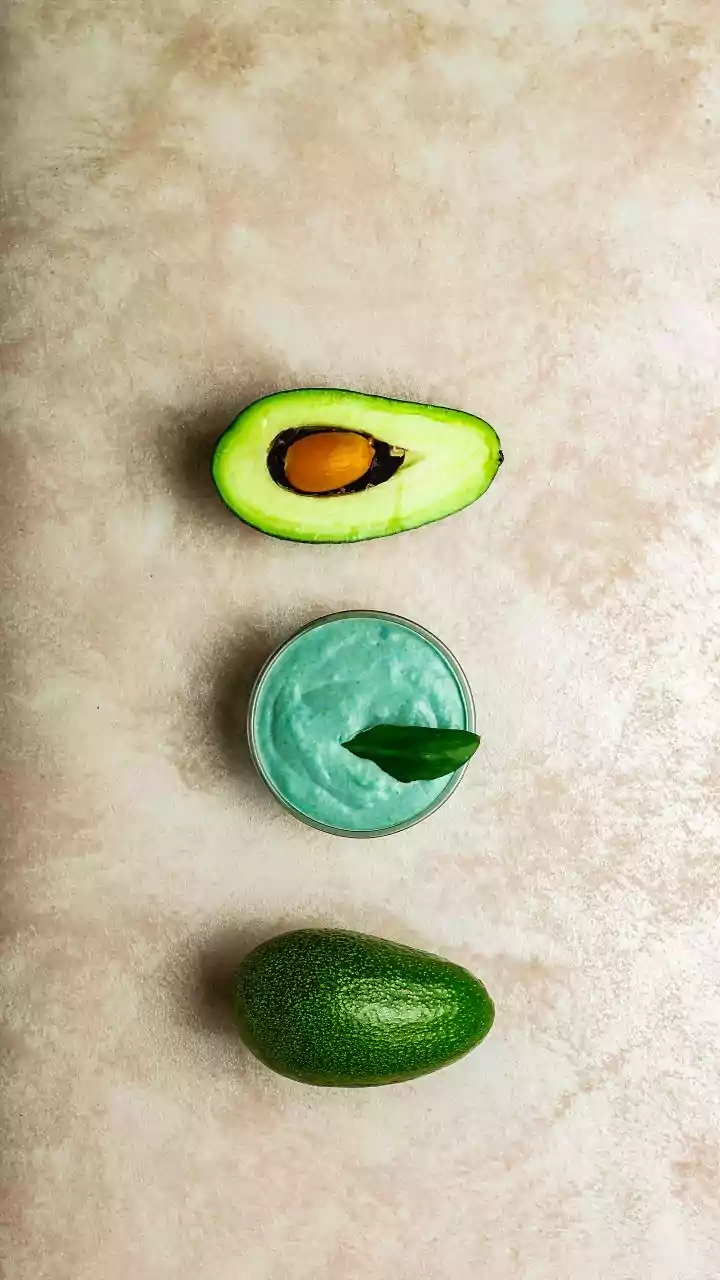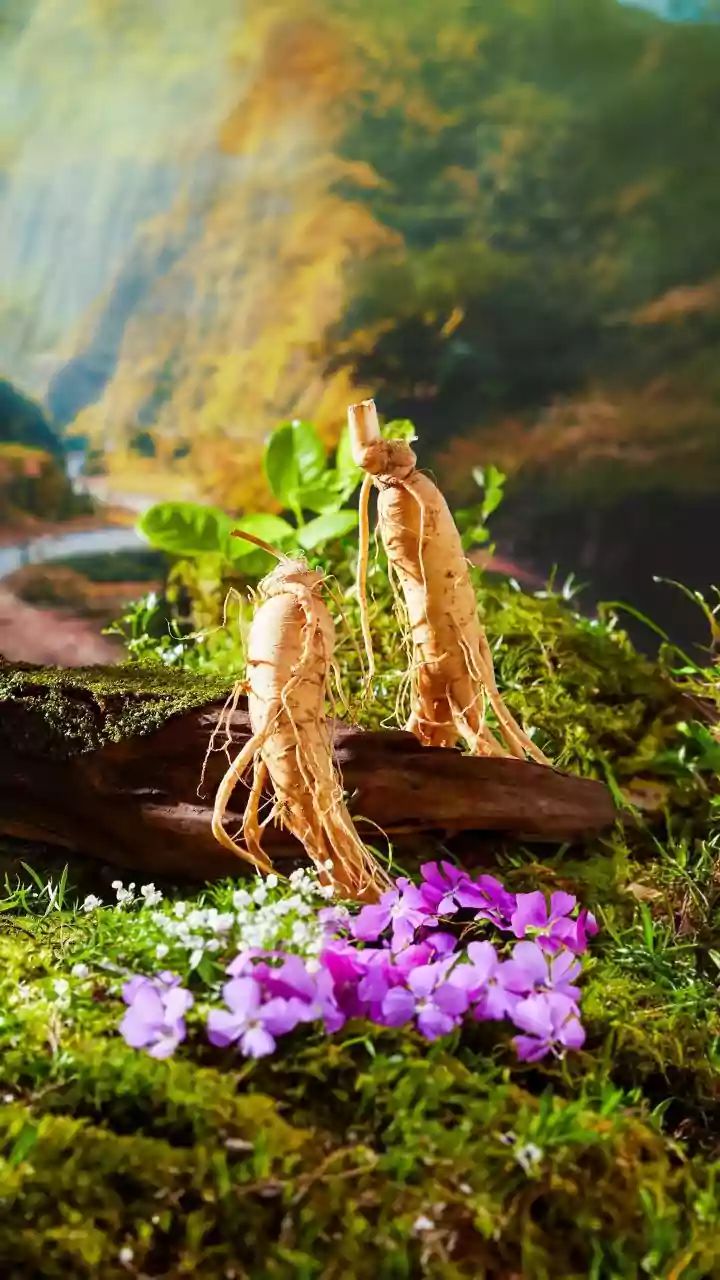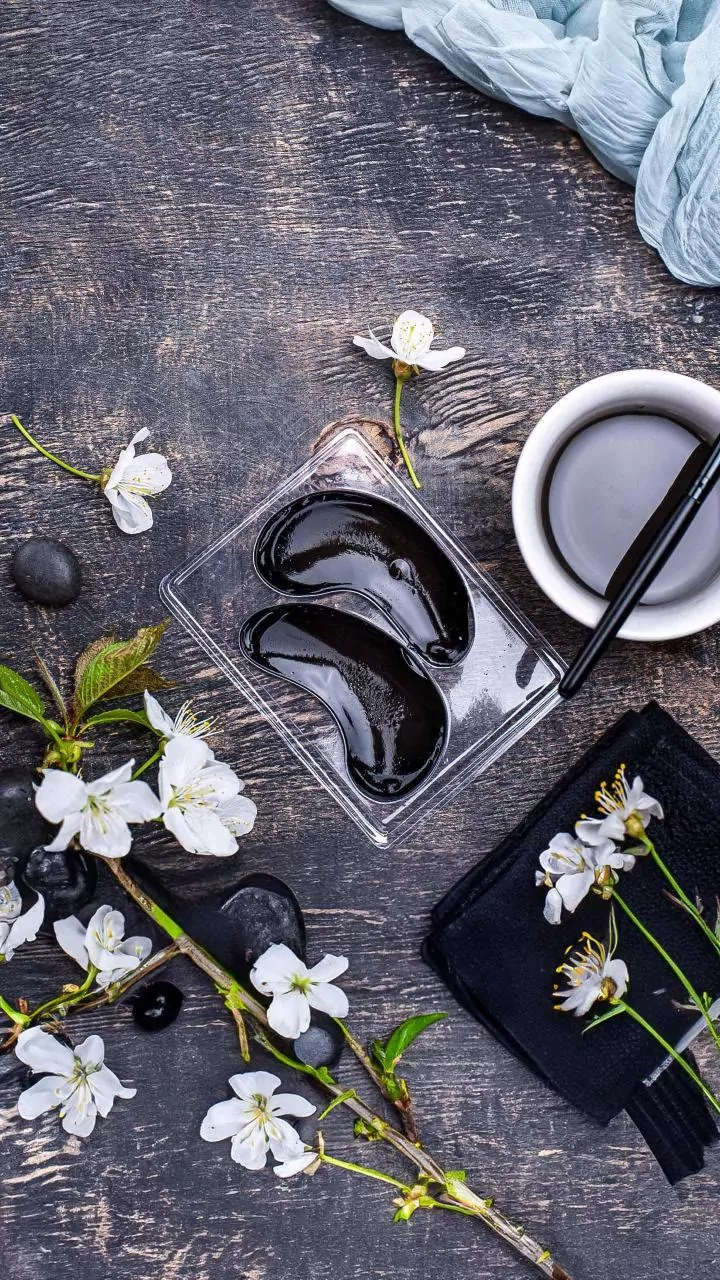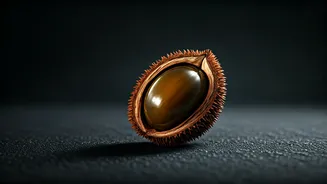Yogurt: Soothe Your Scalp
Yogurt, a staple in many Indian households, is a fantastic natural remedy for dandruff. It possesses probiotic properties, meaning that it contains good
bacteria that are beneficial for your gut health, and can help balance the scalp's microbiome, which can significantly reduce the itchiness caused by dandruff. To use yogurt, apply plain, unflavored yogurt directly to your scalp. Massage it gently, ensuring you cover all areas affected by dandruff. Allow it to sit for about 20-30 minutes before rinsing thoroughly with cool water. This process can soothe an irritated scalp and help reduce flaking. For best results, repeat this treatment a couple of times a week. The lactic acid in yogurt can also help to exfoliate the scalp, removing dead skin cells that contribute to dandruff, leaving your hair feeling cleaner and healthier.
Coconut: Hydrate, Heal, Protect
Coconut oil is another incredibly effective natural remedy for dandruff. It's a powerhouse of moisture, providing deep hydration to both your scalp and hair. This is particularly helpful because dry scalp often contributes to dandruff. Applying coconut oil can create a protective barrier, locking in moisture and preventing further dryness. The fatty acids in coconut oil have antifungal and antibacterial properties, which can combat the yeast that often causes dandruff. For effective use, gently warm some coconut oil. Massage it into your scalp, making sure to work it through your hair from roots to tips. Leave it on for at least 30 minutes, or even overnight for deep conditioning. Then, wash your hair with a gentle shampoo. The regular use of coconut oil can not only reduce dandruff but also leave your hair softer, shinier, and healthier.
Flaxseeds: Omega Powerhouse
Flaxseeds, packed with omega-3 fatty acids, offer another natural approach to managing dandruff. Omega-3s possess potent anti-inflammatory properties that can soothe an inflamed scalp, a common symptom of dandruff. Consuming flaxseeds or incorporating flaxseed oil into your diet can boost these anti-inflammatory effects from within, leading to reduced itchiness and flakiness. Flaxseeds also contain essential nutrients that support overall scalp health. For topical use, you can mix flaxseed oil with a carrier oil like coconut or olive oil and massage it into your scalp. Leave it on for about 30 minutes before rinsing. You can also grind flaxseeds and add them to your diet, such as in smoothies or sprinkled over cereal. Regular consumption can improve your skin and hair health, potentially minimizing dandruff.
Amla: Indian Gooseberry Magic
Amla, also known as Indian gooseberry, is a traditional remedy widely used in Ayurvedic practices and is a powerhouse of Vitamin C and antioxidants. It's not only great for overall health but also effectively combats dandruff. Amla's high Vitamin C content boosts the immune system, helps in reducing inflammation, and aids in maintaining a healthy scalp. You can use amla in several forms to treat dandruff. Amla oil, which is readily available, can be massaged into the scalp. Apply it directly to your scalp and leave it for about an hour before rinsing. Alternatively, you can use amla powder by mixing it with water to create a paste. Apply the paste to your scalp and rinse it off after 20-30 minutes. Regularly using amla can improve scalp health, reduce dandruff, and strengthen your hair from the roots. Consider incorporating amla into your diet through supplements or amla juice for enhanced benefits.
Lemon: Citrus Cleanse
Lemon, with its high acidity, can be a simple and effective remedy for dandruff. Its acidic nature helps balance the pH of the scalp, which often becomes imbalanced when dandruff is present. This can inhibit the growth of the fungus that commonly causes dandruff. The citric acid in lemon also provides gentle exfoliation, helping to remove dead skin cells and reduce flaking. To use lemon, mix fresh lemon juice with water to dilute it. Apply the mixture to your scalp and massage it gently. Allow it to sit for about 15-20 minutes, then rinse thoroughly. Always avoid exposure to sunlight for a few hours after using lemon, as it can make the skin more sensitive. It is important to note that lemon may not suit all skin types. If irritation occurs, discontinue use. For enhanced effectiveness, you can combine lemon with other natural remedies such as coconut oil or yogurt, making it a powerful solution for a dandruff-free scalp.


















